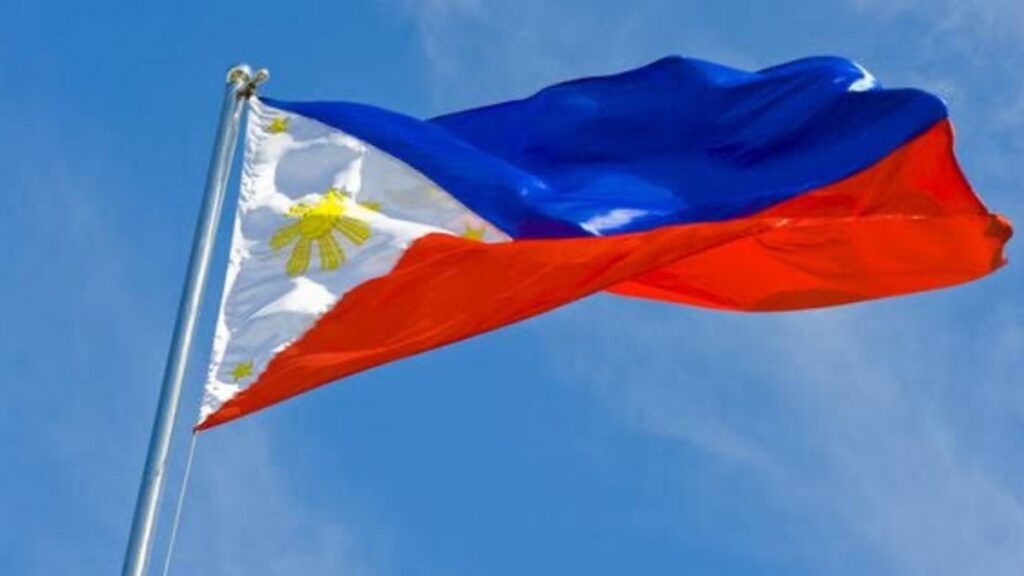In the second half of 2024, the Philippine Securities and Exchange Commission (SEC) hopes to establish a regulatory framework for cryptocurrencies.

Emilio B. Aquino, the chair of the SEC, reportedly stated in a local article that the guidelines will work to control cryptocurrency trading in the country while maintaining investor protection.
Aquino disclosed the information while talking about the commission’s recent campaign against the country’s unregistered bitcoin service providers. The regulator most recently banned Binance for selling securities that weren’t registered.
The SEC has demanded that Apple and Google take the exchange’s apps down from their respective stores as part of its campaign against Binance. Citing the move as the commission just “doing its job,” Aquino added:
“I hope it’s fast. We already experienced this with lending apps before. The response is quick. It’s up to them (Google and Apple).”
Despite being prohibited, Aquino admitted that some traders attempt to use “virtual private networks (VPN)” to get around these limitations and access Binance’s site. He went on, “But nobody gets to blame us.”
In the cryptocurrency industry, traders using VPNs to overcome regulatory constraints are not uncommon. Users reportedly used this method to access their cryptocurrency accounts after several foreign cryptocurrency exchanges were banned in India.
The SEC chair reaffirmed that to provide their services, cryptocurrency trading platforms in the Philippines must have the relevant licenses. The Republic Act No. 8799 of the country, popularly known as the Securities Regulation Code (SRC), contains the mandate. He clarified that no specific platform is being “singled out” in the latest changes. The SEC chair continued:
“They have to secure the required licenses because the intention is to be able to run after them to exact their obligations”
He went on to mention the collapse of FTX, which resulted in billions of dollars in losses and the “burning” of several investors. Aquino went on to say that the incident served as a lesson for the Philippines, which, in contrast to the United States, cannot “run after people outside” its borders.

